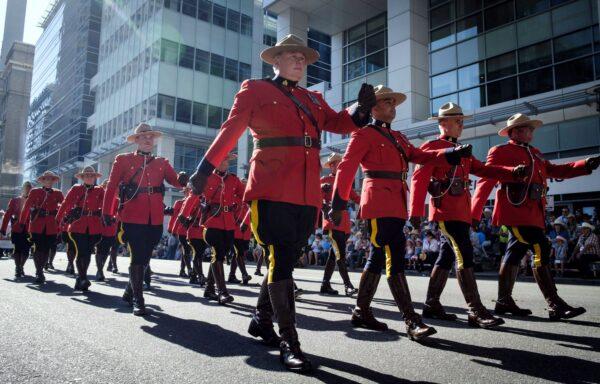The RCMP is struggling nationally to recruit new officers, the Senate Committee on National Defence, Security, and Veterans Affairs heard during a hearing on May 15.
“Policing, like other sectors of the economy, is experiencing unprecedented challenges to recruit sufficient numbers of applicants,” said Nadine Huggins, the RCMP’s chief human resources officer. “Recruitment renewal is a key pillar of RCMP modernization, the RCMP is transforming and reimagining how it attracts, recruits, and retains police officers.”





